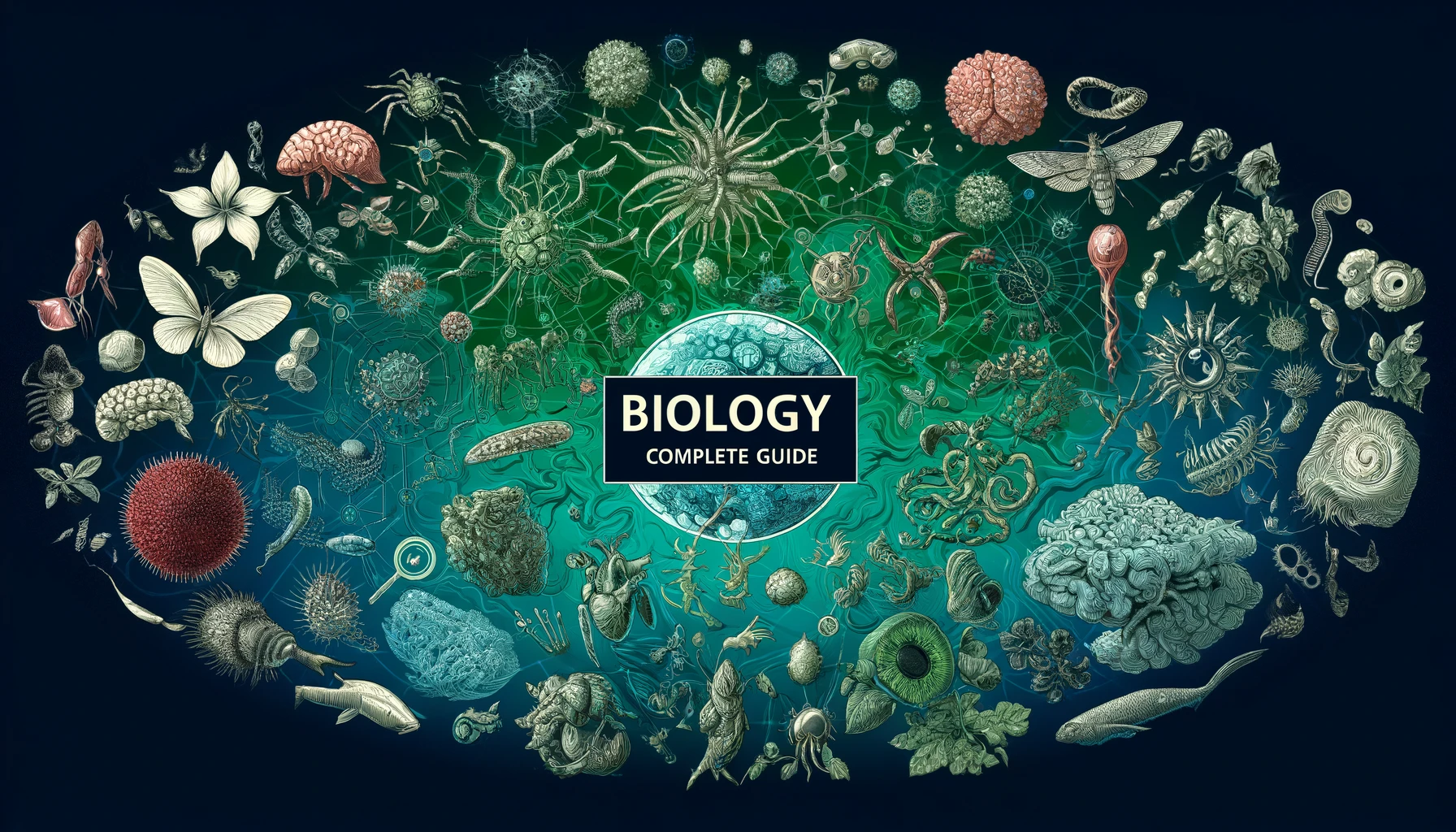Reproduction is one of the most fundamental attributes of any living thing. It refers to the process by which organisms produce viable offspring. Let’s explore the different aspects of reproduction....
Biology
Endocrine homeostasis refers to the balance and stability of the body’s internal environment, maintained by the endocrine system through the secretion of hormones. The endocrine system consists of glands that
Coordination and response. Nervous control in humans. Describe the human nervous system in terms of the central nervous system (brain and spinal cord as....
The gas exchange system is responsible for getting oxygen into the blood and removing carbon dioxide as a person breathes. Breathing is also called....
Learn how plants transport water, minerals, and food through xylem and phloem tissues...
Human nutrition deals with the provision of essential nutrients in food that are necessary to support human life and good health. Poor nutrition is a chronic problem often linked to
Learn about the two modes of nutrition in plants: autotrophic and heterotrophic. Autotrophic plants produce their own food by photosynthesis, while heterotrophic plants depend on other plants...
If you’re studying the life cycles of living organisms, you’ve come to the right place. We break down the processes of everything from bacteria to blue whales.
We believe that science has something to offer every student. That’s why we have a suite of science qualifications for Key Stage 4 ‒ to suit students of all abilities
Cambridge International AS and A Level Biology build on the skills acquired at Cambridge IGCSE (or equivalent) level.










